Conditional Reasoning: Contrapositive, Mistaken Reversal, Mistaken Negation
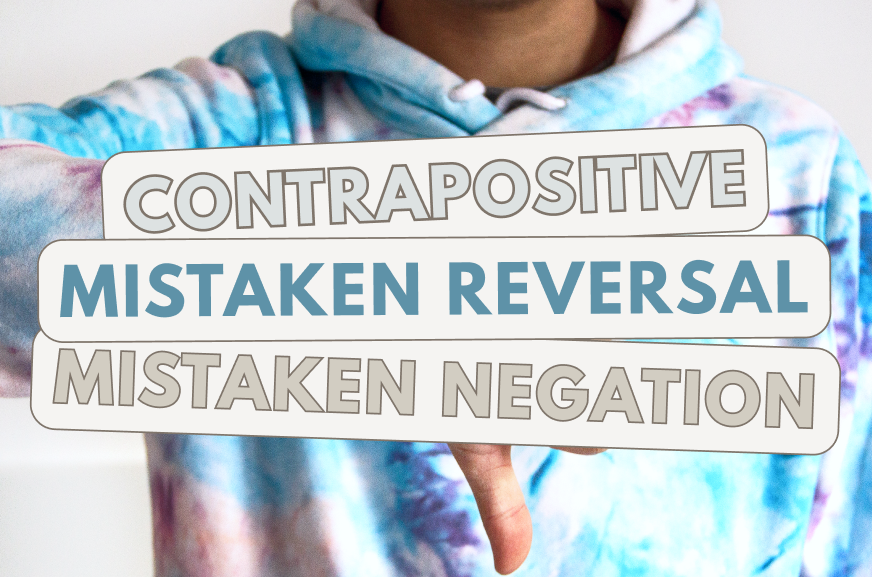
What is the contrapositive? What do mistaken reversal (converse) and mistaken negation (converse) look like on the LSAT? While each bite-sized Logical Reasoning argument and each Logic Games rule may seem impossible to understand, they’re pretty manageable once you’ve got a grip on the basics. In this article, I’ll share the basics of conditional reasoning […]
Logical Reasoning | Formal Logic Inference Questions
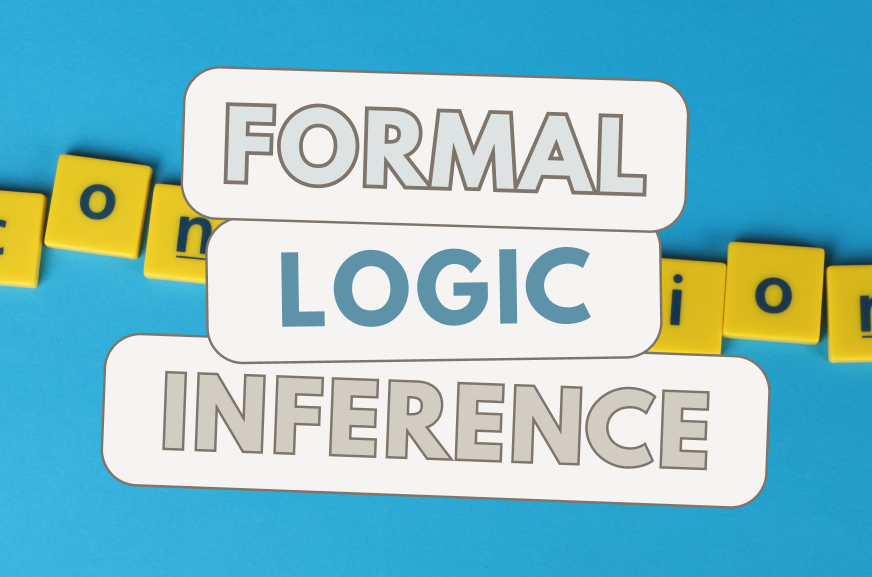
My students know I’m not a fan of diagramming most Logical Reasoning questions. However, some questions just beg to be diagrammed. These questions tend to be formal logic inference questions and sufficient assumption (justify) questions. In this article, I’ll cover one Logical Reasoning question that should be easy but gives many test-takers a lot of difficulty […]
LSAT Numbers: All, Most, Several, Many, Some, None

Isn’t it annoying when words seem to mean something different on the LSAT than they do in real life? Starts to make you wonder about the last time an LSAT test-writer spoke with a live human being. In this post, I clear up some of the differences between our normal understandings of common quantifiers (words […]
LSAT Vocab Made Easy

When I opened my first LSAT practice test, here’s what I came across in one of the Reading Comp passages: Eschewing Drescher’s idealization of British traditions of liberty, Eltis points to…draconian vagrancy laws…to ensure the industriousness of British workers…. And the actual sentence was longer than that! What the heck does that even mean?????? I […]
LSAT Logical Reasoning Tips and Tricks
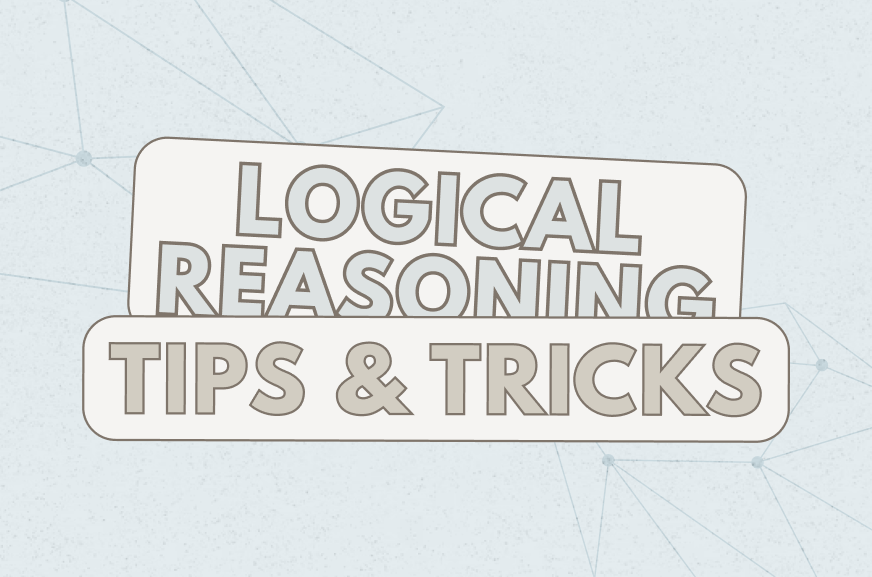
or…How I Learned to Stop Worrying and Love the LSAT (Part 2 of 3) In other articles, I showed you how to answer Logic Games questions and how to prepare for Reading Comprehension. This time, I’ll share the best ways to answer common Logical Reasoning questions. First, why is it possible to conquer Logical Reasoning […]
Words Indicating Sufficient / Necessary Conditions, and Time

In conditional statements (if-then) statements, the sufficient condition is the one that goes before the arrow, and the necessary condition is the one that goes after the arrow. Sufficient —> Necessary X —> Y is equivalent to: if X, then Y. X is the sufficient condition, and Y is the necessary condition. Logic Games and […]
LSAT Words: “Except” “unless” “until” and “without” mean…

I’ve talked about Sufficient and Necessary Condition indicator words before. However, I left out a couple of important words (except, unless, until, and without) that factor into conditional reasoning. These special words don’t *quite* fit the mold that the others do, so I decided to give them their own article. The words “except,” “unless,” “until,” […]
LSAT Logic | Sufficient vs Necessary Conditions
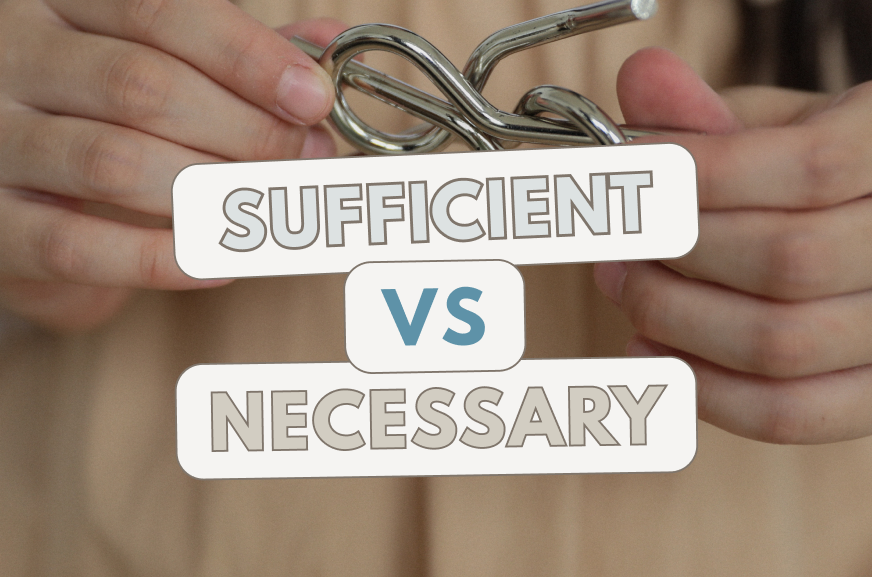
We deal with “if-then” statements all the time in everyday life. “If I have another drink or two, I won’t be able to drive safely.” “If I get a higher LSAT score, I’ll be competitive at better law schools.” The LSAT Logical Reasoning section requires us to think about these statements a little more formally […]
Arguments and Contrapositives | Necessary and Sufficient Assumptions
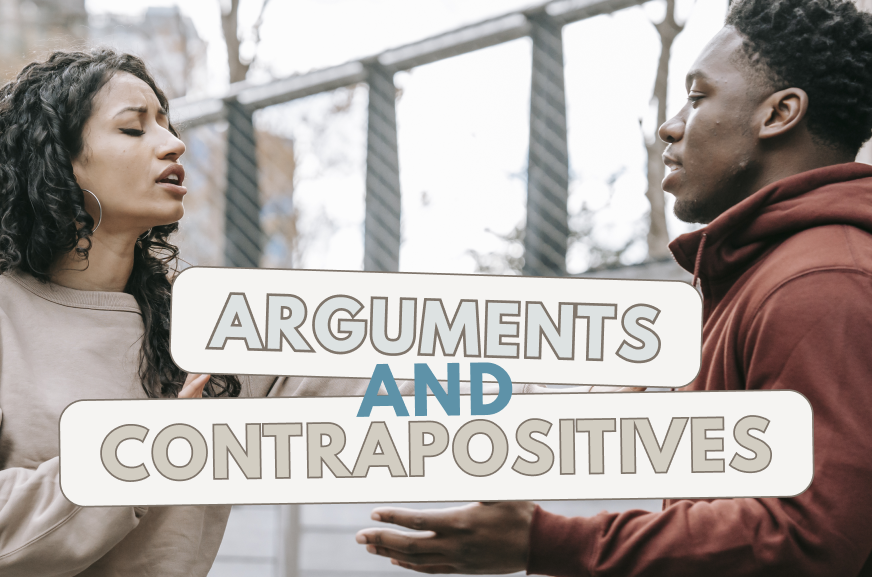
I spend a great deal of time talking about the difference between Necessary Assumption and Sufficient Assumption questions in my Logical Reasoning course. Arguments assume a link between the evidence and conclusion presented – this link can often easily be framed as a conditional statement. Because the contrapositive of this statement is simply a rewording of the […]
Difference Between Necessary & Sufficient Assumption Questions
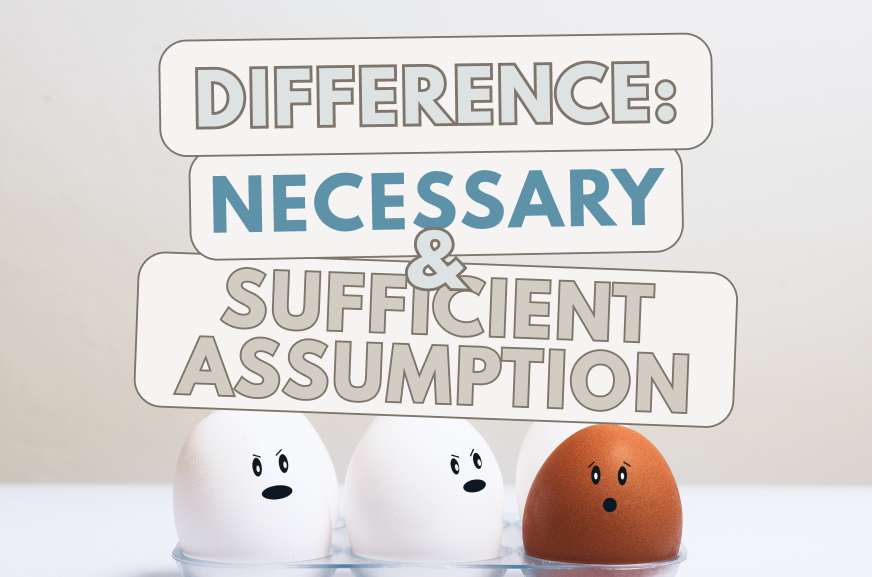
Both Necessary Assumption and Sufficient Assumption questions contain the word “assumption” within the question stem. However, they ask for very different things. (Also see Sufficient Assumption Questions and the Negation Test.) This is why it’s misleading (and often confusing) to simply refer to both types under the catch-all category of “Assumption” questions. Others refer […]
